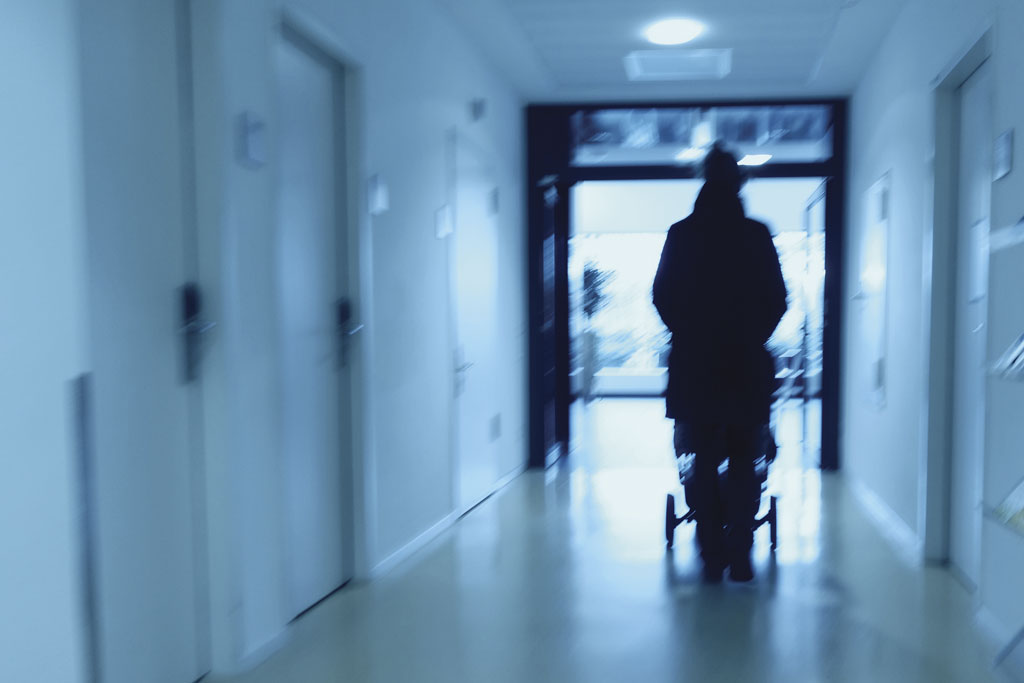
It’s time to adopt a more mature approach to liability, says Charles Foster
- An NHS Trust as a whole owes a duty to claimants. This includes a duty to take reasonable care not to provide misleading information which may foreseeably cause physical injury.
- Non-clinical staff play a part in the discharge of this duty. Whether they have discharged it will depend on what it is reasonable to expect them to do.
- The notion of contributory negligence should not be conflated with the notion of the causation required to establish primary liability.
The Supreme Court’s latest foray into clinical negligence, Darnley v Croydon Health Services NHS Trust [2018] UKSC 50, [2018] All ER (D) 41 (Oct) will be widely cited —and usually, I expect, for precisely the wrong reasons. It will be relied upon as authority for the proposition that NHS Trusts, via their administrative staff, owe a duty of care to take reasonable steps to avoid foreseeable physical injury to patients, whereas it is primarily authority for the proposition that no









